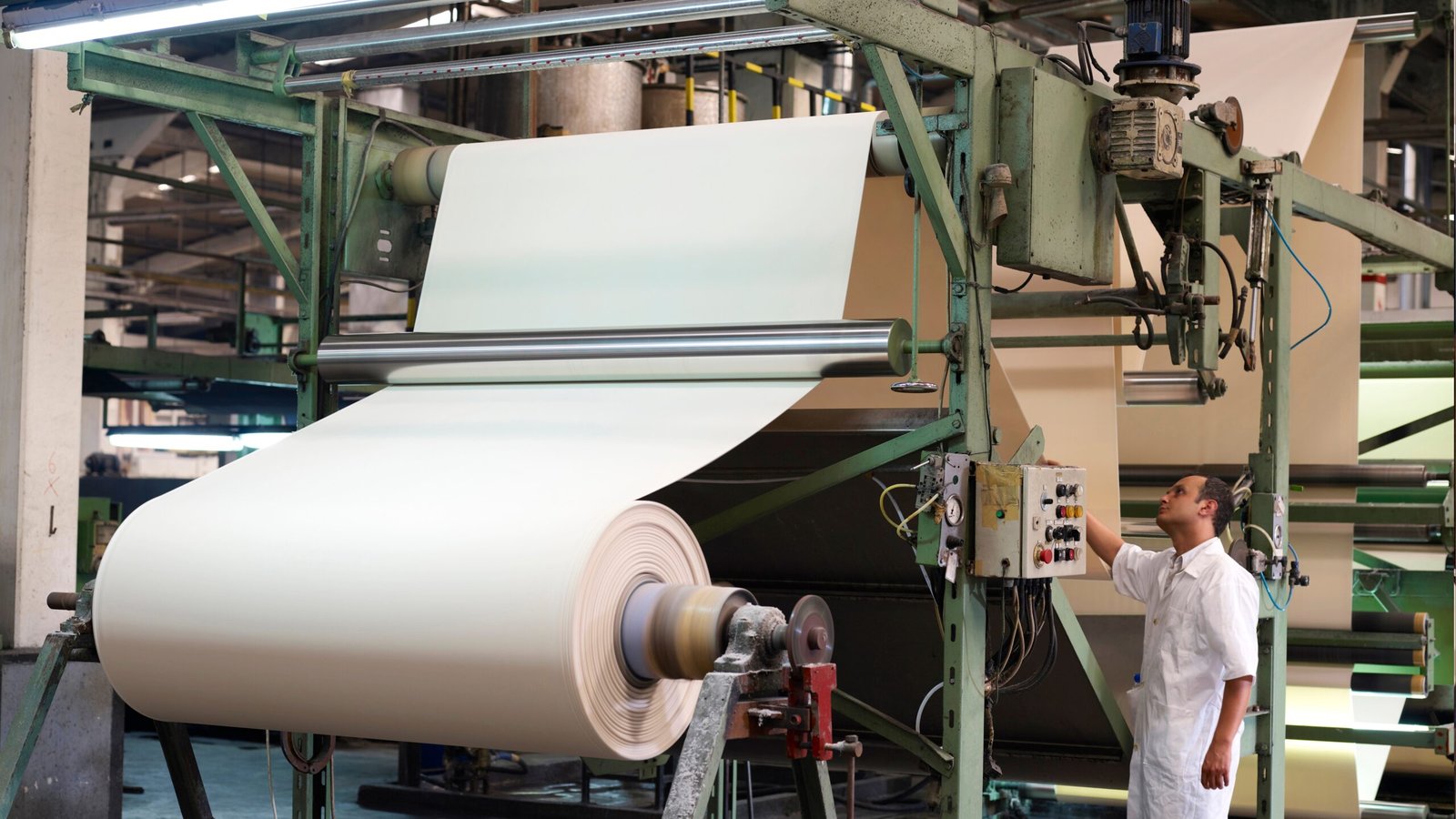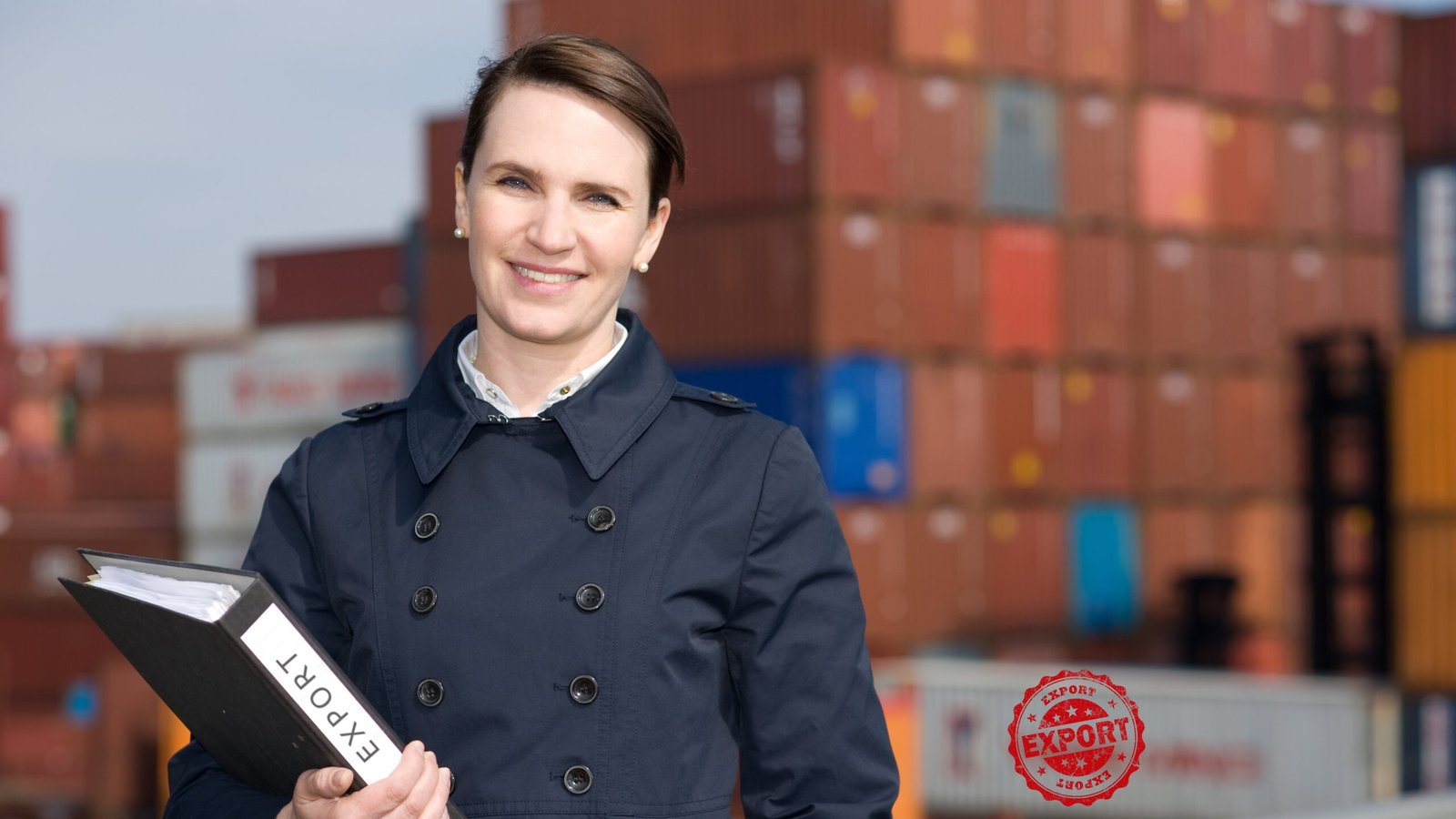Introduction:
The Turkish textile manufacturers have always been known for their high skills and excellence, blending century-old traditional ideas with new innovative techniques. Today the global demand for Turkish textiles is massively growing, as it stays promising in its quality, sustainability, and position with regards to the strategy. With that commitment, backhand government support, favorable trade agreements, and international branding, there is a hype and rise of textile production in Turkey, making it a global focus.
A rich history of textile excellence:

Turkey has a long-going past, dating back to the Silk Road and the Ottoman Empire, when and where what formed the backbone of trade across continents were hand-woven silks and cotton fabrics. Today, the Turkish fabric industry is standing and growing on the strong lineage of traditional techniques with new technology, often supported by governmental programs. Initiatives by Turkey’s Strategic Investment Incentive Scheme have pushed the companies into expanding and adopting the modern methods, with them losing the thread to their craft roots and heritage.
High-quality materials and production standards:
The reputation of the high-quality Turkish fabrics begins with the top-notch raw materials, especially Turkish cotton, globally known and priced for its long staple length and purity. Turkish cotton fabric manufacturers have high benefits from their access to advancements in spinning and other weaving facilities that are developed through public-private investment schemes. It also includes VAT exemptions and a reduction in the customs duty. In addition to that, the government encourages certification with standards internationally recognised, like GOTs and OEKO-TEX, ensuring their amenability with top-tier global quality requirements.

Competitive pricing and production efficiency:
A competitive edge has been carved by the Turkish clothing manufacturers, maintaining high quality while offering economical solutions. Their clever location close to Europe reduces logistics costs and the time taken for the delivery. Moreover, with the government-backed support, such as employment subsidies and energy cost inducements, it helps manufacturers regulate expenses, making turkey textile exports more keen and wanted by the global buyers without any lack of quality.
Focus on sustainability and eco-friendly practices:
Less of a trend and more of a policy-driven movement is the sustainable textiles from Turkey. With the green economy transition fund that promotes cleaner technologies and water-efficient dyeing systems, there are numerous factories that are benefiting from these government green financing programs. These efforts have been taken and strengthened by tax benefits for eco-certification processes and energy audits. As a result of the same, export-quality fabrics in Turkey are produced in relation to the demands of the economical and environmentally conscious fashion changes globally.
Strategic geographical location:
Turkey holds a unique position in the global trade market by being at the crossroads of Europe and Asia. Where the country is located helps a faster shipping process to Europe, the Middle East, and North Africa. Playing upon this position, Turkey has negotiated more than 20 free trade agreements, which include one with the EU (via the customs union), the UK, South Korea, and EFTA countries, which basically grant the Turkish textile manufacturers duty-free access to some large apparel markets of the world. These agreements have been proved to be extremely beneficial for Turkey by reducing tariffs, streamlining logistics, and making Turkey a reliable sourcing destination for all.
Innovation and design capabilities:

Innovation Textile manufacturing in Turkey is supported by its handsome investment in research and development and in support from the national programs like Turquality (a branding program by the Turkish state that helps Turkish brands gain recognition worldwide). This ends up covering up to 70% of the abroad branding and marketing expenses, which helps the leading textile companies in Turkey to scale their design and operations to establish a global footprint. To stay ahead and in the game of the textile industry trends in Turkey, many manufacturers and companies are collaborating with fashion schools and international designers while amalgamating smart fabrics, circular designs, and even functional textiles into what they would offer worldwide.
Strong global export market:
Recorded growth has been experienced by the Turkish textile exports. The signature markets include Germany, Spain, the UK, the US, and Italy. With a back-handed strategic trade agreement net and support through the government incentives to participate in global fairs, trade missions, and training on exports, the companies in Turkey are expanding their reach.

In 2022 itself, the exports reached a massive hit of over 12 billion dollars, with an edgy increase in the high-value products like sustainable and technical fabrics as well. Along with that, reimbursement of promotional and R&D expenses further gives a massive boost to the international appeal of Turkish textiles.
Case studies: leading turkish textile manufacturers
Arsan Textiles is one of the largest textile companies in Turkey that recently invested 117.5 million dollars in a new yarn production facility in Kahramanmaraş. It has been supported by the government investing incentives, which will now make that plant produce 60 thousand tonnes of yarn annually and create 500+ jobs, making Turkey stand as a top supplier of export quality fabrics.
Known for its growing role in sustainability is Sanka Tekstil. Sanko is known for its merging of organic and even recycled cotton across its range. With the eco certificates and R&D fundings, it has now become a hub of supplying sustainable textiles from Turkey to the leading fashion brands all across the globe.
Nevertheless, another pillar of the Turkish fabric industry is Kipas. Kipas operates one of Europe’s largest textile plants and exports to more than 100 countries. It is deeply involved in innovative textile manufacturing Turkey-wide. This company’s denim division produces sustainable denim by using laser and ozone washing techniques.
Conclusion:
Turkish textile manufacturers are gaining a lot of focus and attention worldwide, for all good reasons. They offer a very blended mix of their culture, traditions, innovation, and responsible production, backed by the government and a network of free trade agreements that continues to expand their market reach. As the growth of Turkey’s textile sector continues, many buyers from all over the world are increasingly changing their directions to the Turkish fabric industry for reliability, quality, and sustainable textile sourcing.
With rising demands from the consumers and buyers for high-quality Turkish fabrics and fair and sustainable production, and as the textile industry trends in Turkey respect automation, digitalisation, and circular green manufacturing, the future looks extremely promising. As a result of this cycle, turkey textile exports are not only growing, they are becoming a goal, a true example of excellence in the value chain.
The message is pretty clear: Turkey is not only keeping its way; they are leading the way.



